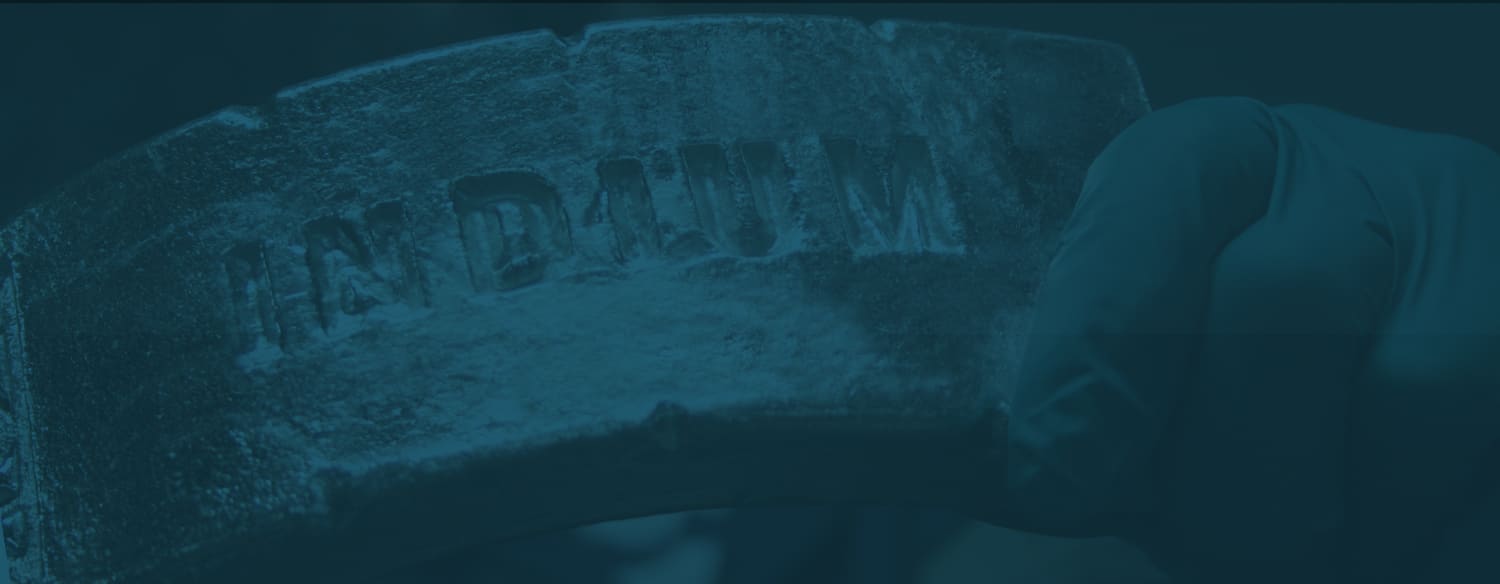Folks,
People in the solder and leadfree world still do not understand the prime reason for RoHS: To make recycling easier.
A recent article about Swatch supports this point. Apparently Swatch is having reliability concerns with their watches because of tin whisker formation in the leadfree solder joints. This article goes on to state that Swatch has applied for an exemption because of this tin whisker concern. It refers to the entire Swatch issue as a "mortal blow" for leadfree solder.
Hello!!!! Failure to resolve issues like this may be someone's "mortal blow", but it won't be leadfree's "mortal blow". WEEE and RoHS are here to stay, they are both needed to assure recycling success. Tin whiskers are a legitimate concern, as are some other leadfree reliability issues like Kirkendal voids, especially in very long term (> 5 year) reliability. However, tin whiskers can be greatly mitigated by optimized processing and additions of small amounts of certain metals to the leadfree alloy. Swatch will have to convince the EU that their concern is real, yet Motorola has over 120 million lead-free cell phones in the field since 2001 with equal or better reliability to leaded solder. Hmmmm, might be tough.
The article also references sites like Operation Pushback that will tell us the "truth" about RoHS, etc. The sites state all of the correct statistics about lead in electronics not being an environmental threat. They all miss the point. The world is drowning in electronic waste. The WEEE directive is the EU's first step to recycle most of this waste. RoHS is first intended to make recycling easy and safe. When leaded solder is recycled, special precautions must be made. So much more recycling is planned that these precautions would be too onerous. RoHS minimizes this recycling hazard.
July 1, 2006 will be interesting indeed.
Cheers,
Dr. Ron


